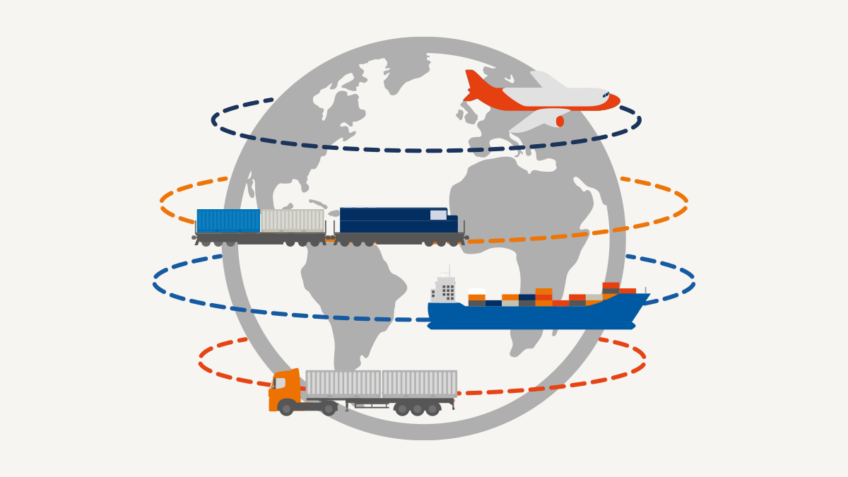Robert Keen, director general of the British International Freight Association says: “In light of the change that will likely take place in the trading relationship between the UK and the rest of the Europe, and the lack of any significant details on how that might change, BIFA members remain a little nervous.
“The sooner that the government provides some clear communication and detail on the type of trade deal that the UK is seeking before the end of 2020, when the post-Brexit transition period runs out, the better for all concerned.
“BIFA members will also need timely guidance and support to help them adapt and make the most of new opportunities as Britain sets its own trading polices.
“Whilst the government has often stated that it desires a “zero tariff, zero quota” trade deal, many suggest that trying to achieve that before the end of 2020 is a very tight schedule and the prospect of a no-deal scenario at the end of 2020 is by no means off the table.
“Furthermore, it remains to be seen whether trade between the UK and the EU would be done across frictionless borders, something that we have always campaigned for, even if such a deal was achieved.
“I understand that next week, it is expected that Boris Johnson will outline the UK’s new trade priorities, which will inevitably involve some tough choices. BIFA members and the beneficial cargo owners, importers and exporters that they serve are desperately keen to know what those choices are going to be and the likely impact on how the visible movement of trade across borders is managed in future.”
BIFA says it will continue to work with government to advise, guide and offer practical solutions to the various departments it deals with, whilst encouraging its members to remain focussed and continue to prepare for all eventualities.
